Carriers We Represent
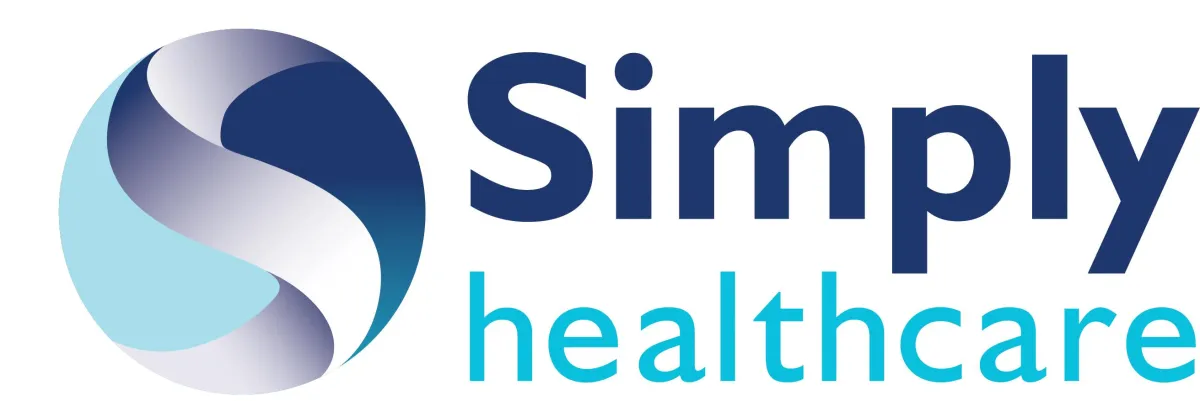
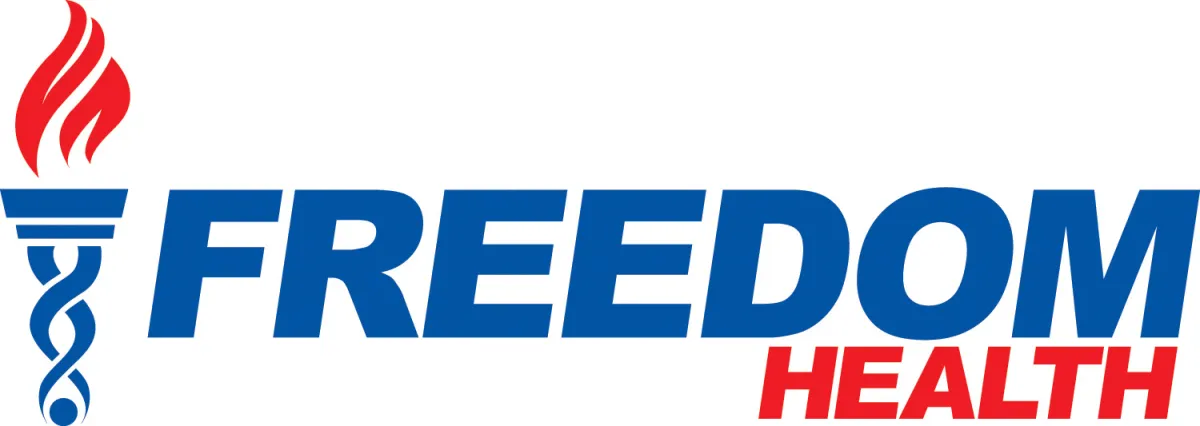







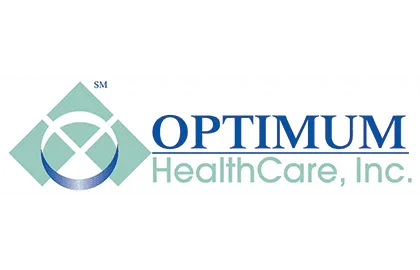
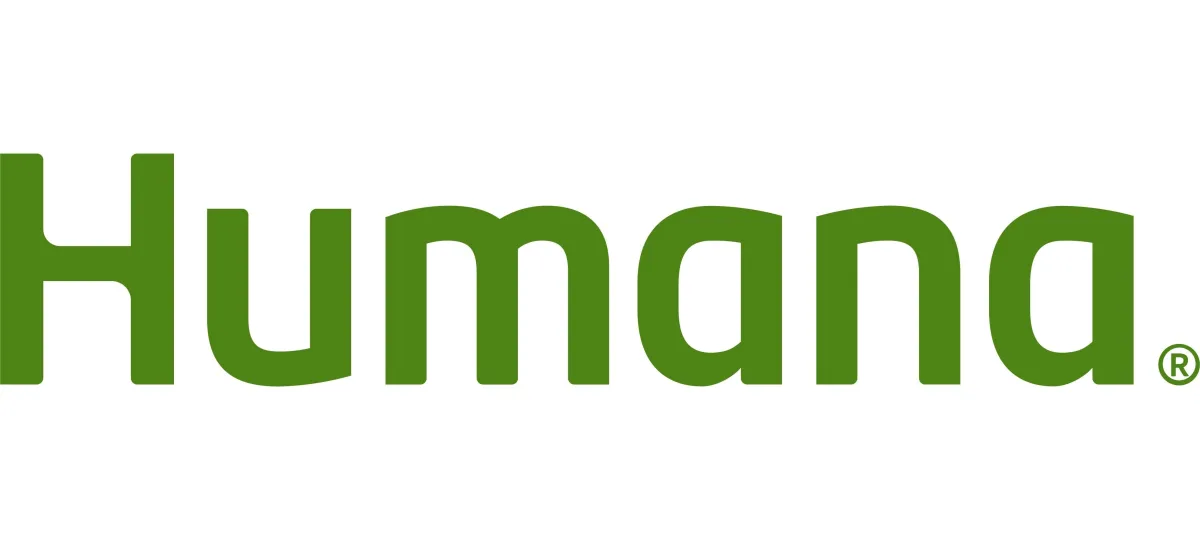
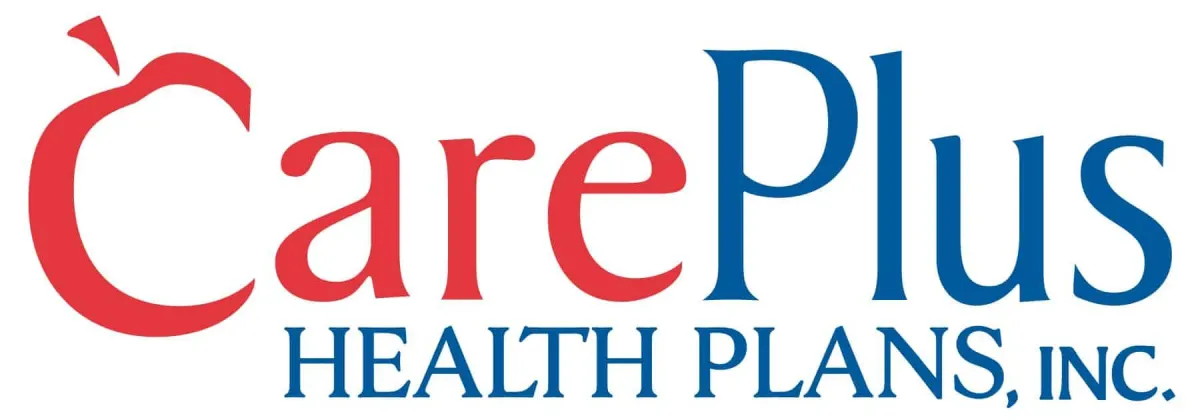


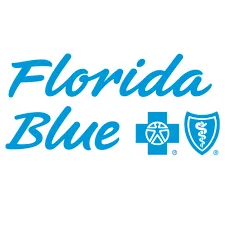

And Many More...
Have Questions? Ask us anything, we'd love to help! 727-600-2892
Medicare Made Easy
Medicare Made Simple
If you feel like you have been spinning your wheels wondering how to make the best decision when it comes to your Medicare plan, you are in the right place. The good news is, you don’t have to do this alone. We are in the business of helping people understand Medicare, in simple, plain terms that everyone can understand. We believe it’s important that your first understand Medicare itself. You can’t understand your Medicare options until you first understand basic Medicare benefits. Fortunately, we’ve mastered how to make it simple.
Frequently Asked Questions
What is Medicare?
Medicare is a federal health insurance program primarily for people who are 65 or older. It also covers certain younger people with disabilities and people with End-Stage Renal Disease (ESRD) or Amyotrophic Lateral Sclerosis (ALS).
What are the different parts of Medicare?
Part A: Hospital insurance that helps cover inpatient care in hospitals, skilled nursing facility care, hospice care, and some home health care.
Part B: Medical insurance that helps cover medically necessary services like doctor's visits, outpatient care, preventive services, and some medical supplies.
Part C: Also known as Medicare Advantage, this is an alternative to Original Medicare (Parts A and B) and typically includes Part D prescription drug coverage as well as additional benefits like vision, dental, and hearing.
Part D: Prescription drug coverage that helps pay for prescription drugs you may need.
When can I enroll in Medicare?
You can typically enroll in Medicare during your Initial Enrollment Period (IEP), which begins three months before the month you turn 65 and ends three months after the month you turn 65. There are also Special Enrollment Periods (SEPs) for certain circumstances, such as if you continue to work past age 65 and have employer coverage.
Do I have to pay for Medicare?
While most people do not pay a premium for Part A if they or their spouse paid Medicare taxes while working, there are premiums for Part B, Part C (if you choose a Medicare Advantage plan), and Part D. The amount you pay can vary based on factors like income and the specific plan you choose.
What is the Medicare Part D "donut hole"?
The Medicare Part D coverage gap, often called the "donut hole," is a temporary limit on what your drug plan will cover for prescription drugs. Once you and your plan have spent a certain amount on covered drugs, you enter the coverage gap. During this phase, you'll pay a higher percentage of the cost of your drugs until you reach catastrophic coverage.
Can I have other insurance along with Medicare?
Yes, many people have other insurance in addition to Medicare, such as employer-sponsored insurance, Medicaid, or Medigap (Medicare Supplement Insurance) plans. It's important to understand how your other insurance works with Medicare to ensure you get the best coverage possible.
What services are not covered by Medicare?
While Medicare covers a wide range of medical services, there are some services that are not covered, such as long-term care (custodial care), most dental care, dentures, cosmetic surgery, acupuncture, hearing aids, and routine foot care.
How do I choose between Original Medicare and Medicare Advantage?
The choice between Original Medicare and Medicare Advantage depends on your individual healthcare needs, budget, and preferences. Original Medicare offers more flexibility in choosing doctors and hospitals, while Medicare Advantage plans often include additional benefits and may have lower out-of-pocket costs but may have a more restricted network of providers.
Can I change my Medicare coverage after I enroll?
Yes, you can typically change your Medicare coverage during certain enrollment periods, such as the Annual Enrollment Period (AEP) from October 15 to December 7 each year, during which you can switch between Original Medicare and Medicare Advantage, or change your Medicare Advantage or Part D plan.
Where can I get more information about Medicare?
You can visit the official Medicare website at www.medicare.gov or call 1-800-MEDICARE (1-800-633-4227) for more information. Additionally, you can consult with a licensed insurance agent specializing in Medicare plans, like Atlas Senior Benefits!
Atlas Senior Benefits is not affiliated with Social Security, socialsecurity.gov, CMS, Center for Medicare and Medicaid Services, or medicare.gov
Atlas Benefits, LLC est. 2016
©️ 2024. Atlas Benefits, LLC.
All Rights Reserved
Created by Strike3 Studios!


Facebook
LinkedIn
Youtube